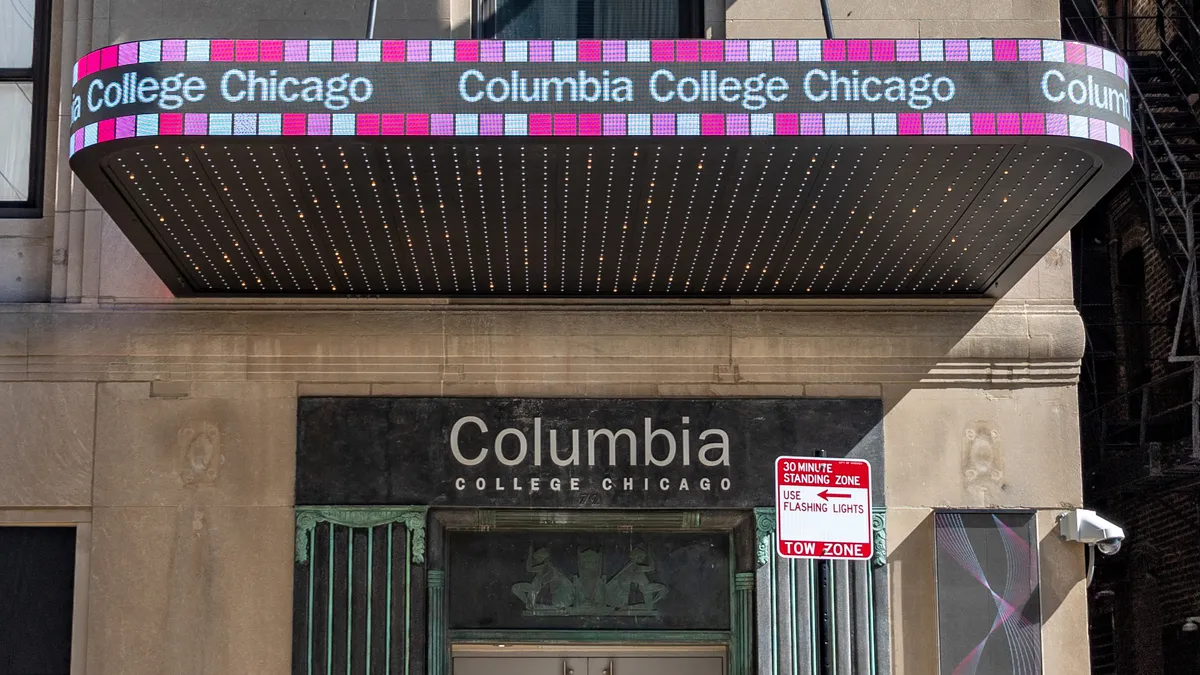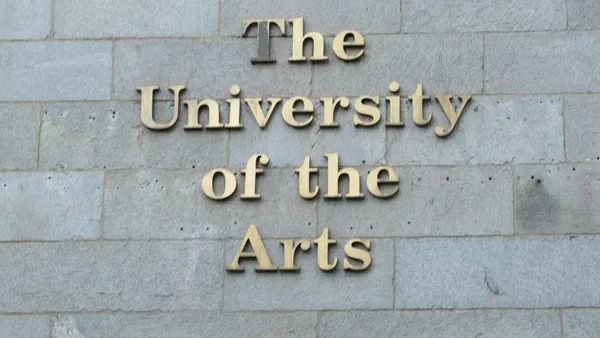Dive Brief:
- In an op-ed for The Washington Times, Heritage Foundation President Ed Fuelner proposes a system that would allow industry, nonprofit and other subject matter experts to individually accredit college classes and courses of study to create more "nimble pathways to careers."
- Under Fuelner's proposal, federal financial aid would no longer be tied to institutions' accreditation status, and states would be allowed to opt out of traditional accreditation structures.
- Fueled by a frustration with the "monopoly" created by federal regulation — particularly, the targeting of for-profit schools and the shutting down of accrediting body ACICS — Fuelner writes such a system would promote innovation in the sector.
Dive Insight:
There is some merit to the discussion of involving industry and thought leaders in the process of certifying courses and programs, but it seems unlikely that accreditation will be stripped from central bodies. For one thing, accreditation is contingent on a number of factors across academic, fiduciary and financial areas, and removing that level of consumer protection would open up the flood gates for fraud and abuse. The role of national accreditors could be taken up when discussions around the reauthorization of the Higher Education Act commence, but so far, leaders in Congress say there is no timeline for such a discussion.
Still, there is plenty of room for institutions to establish partnerships with industry leaders to help develop courses and programs that will better prepare graduates to enter the workforce. Community colleges are traditionally better at this than four-year institutions, and perhaps there is room for accreditors to encourage more collaboration between the sectors.












